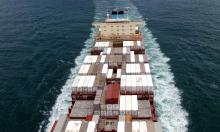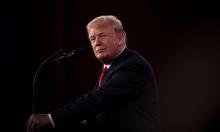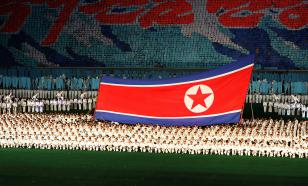South America narrows trade differences but delays politic dialogue
Region's two major trade blocs have sealed a deal which could open up trade across the continent. Countries want to negotiate in block with USA and the EU. Despite economic advances, political integration is still a pending issue.

The Mercosur and the Andean Community of Nations (CAN), the two major trade blocs in South America, signed on Tuesday in Uruguay an agreement to speed up the economic integration all over the region. Negotiations, which have started in July with no positive results, have finally settled the outstanding differences in key issues, according to both sides, which could lead to a free trade deal in the near future.
The Mercosur bloc covers the east part of the continent with the alliance between Brazil and Argentina as its engine. The CAN, in turn, covers the north west of the region with Venezuela and Colombia as 'major partners had bad effects in the trade inside the bloc.
The only country in South America that remains outside the two blocs is Chile, which has historically opted for bilateral trade deals with the US, Mexico, the EU and South Korea.
However, political alliances across the continent had a different, often more tortuous route. As the Andean nations and Chile have insisted in keeping preferred ties with Washington, Mercosur nations, with Argentina and Brazil at the head, have always had a more pro-Europe approach in foreign affairs.
US think tanks believe Chile is Washington's key partner in South America, as Pentagon hawks push for more aid to conservative Colombia in its dubious fight against rebels. This policy is welcomed neither in Brazil nor in Argentina, of course.
As for Brazil is seen as an emerging powerful economy which could, eventually compete with US products in other Latin American markets, Russia, China, Middle East and India. Moreover, the consolidation of the political alliance between Brazil, Argentina and Venezuela, as insinuated in the last two years, is something Washington hard liners are not prepared to tolerate.
These three countries control vast natural resources badly needed in other parts of the world. Venezuela holds one of the main oil and gas basins of the globe. Argentina and Brazil are among the main food producers as enjoy enormous reserves of drinkable water within their borders.
Strategic resources make vital for these regions to develop common policies to protect them from international monopolies. That's something the new leadership in Brazil, Argentina and Venezuela understands well. However, it proved to be little efficient to execute common plans of the like, as sometimes short term interests block the way to the political integration of the continent.
Subscribe to Pravda.Ru Telegram channel, Facebook, RSS!




